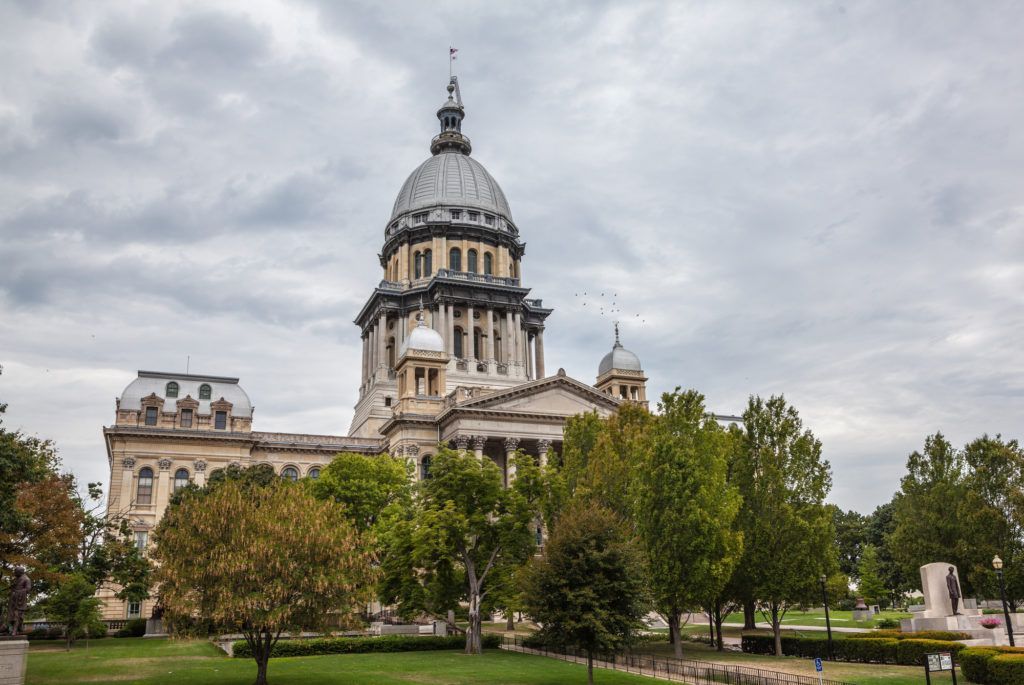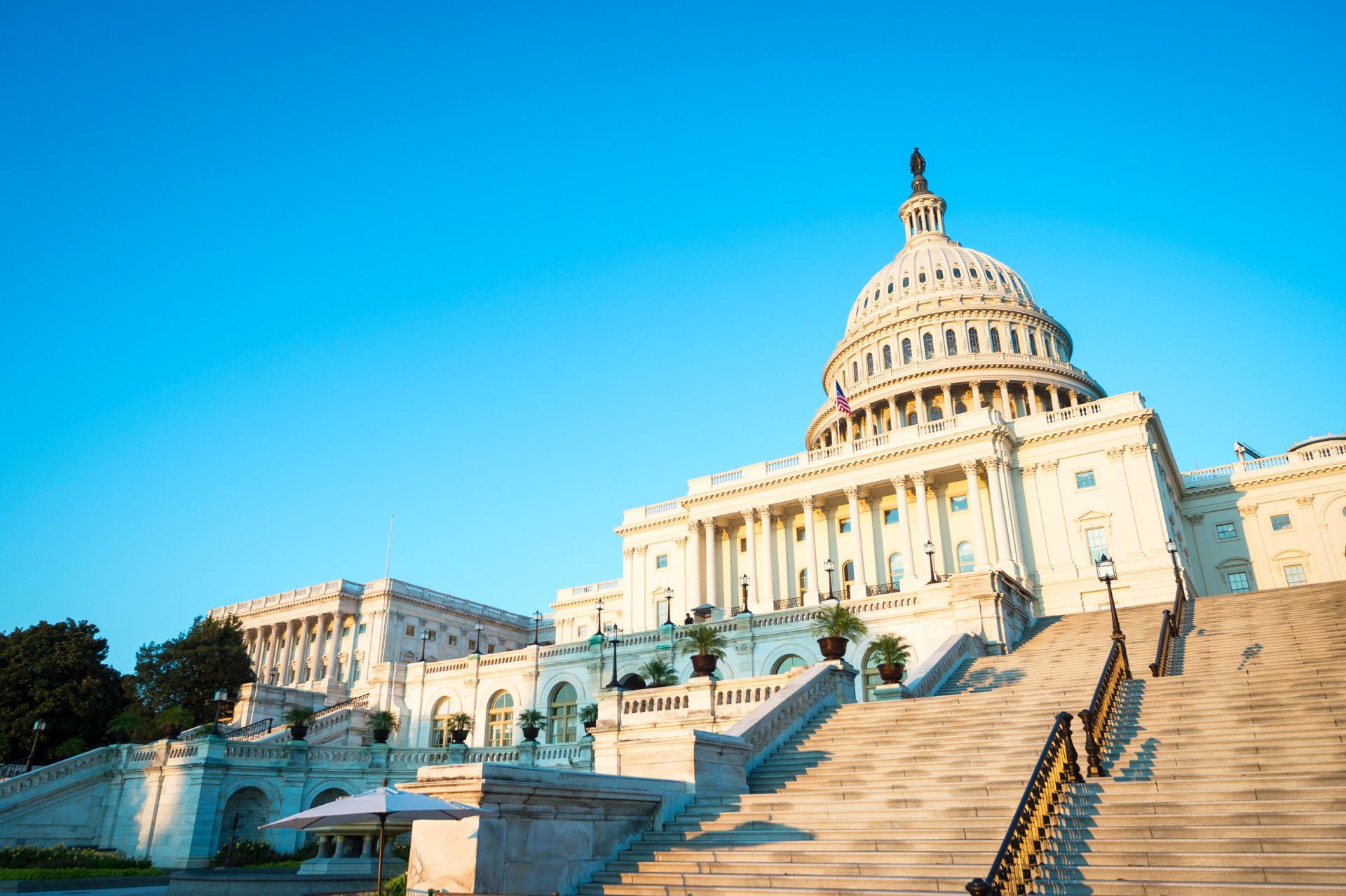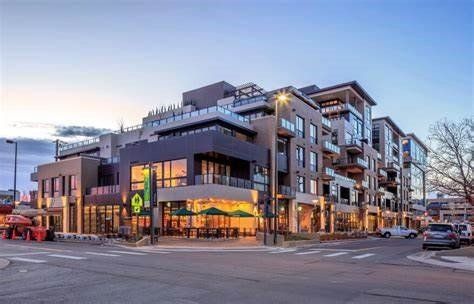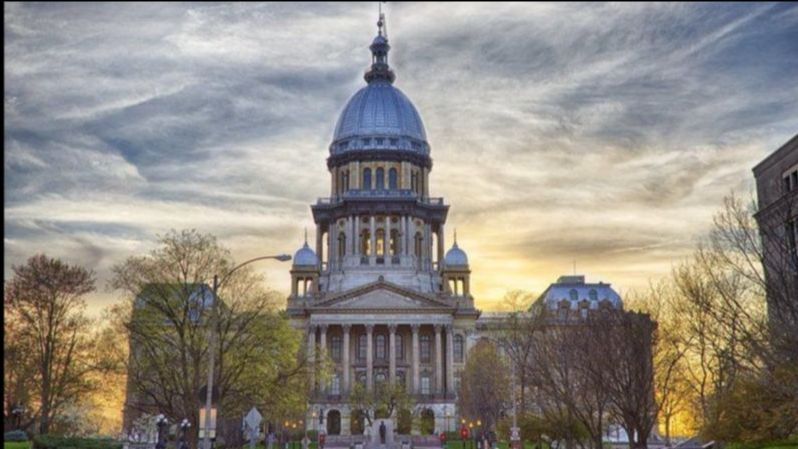
SAL Rapid Response: Cannabis and TIF
Bills to Watch in the 101st Illinois General Assembly
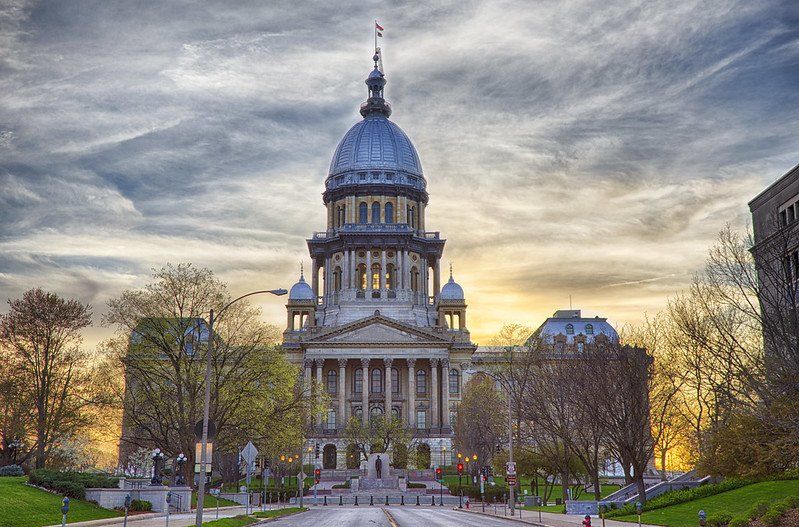
The Illinois Legislature is off to another busy start this year with countless bills which have been introduced. We have reviewed many of them and bring to your attention a few of particular interest relative to cannabis and Tax Increment Financing (“TIF”). A summary of the bills and our Rapid Responses follow below:
CANNABIS
HB
5472
: LOCAL CANNABIS LICENSING ACT
Summary: Creates the Local Cannabis Licensing Act. Provides that a governmental unit (a county or municipality) may issue licenses for temporary events, cannabis clubs, and cannabis tours that will allow for the sale and consumption of cannabis or cannabis-infused products and for the sale of cannabis paraphernalia at such temporary events, clubs, or tours. Allows tours of cannabis craft grower or cultivation center facilities. Requires ordinances with specified regulations of such temporary events, cannabis clubs, and cannabis tours before any licenses are issued. Limits home rule powers. Amends the Cannabis Regulation and Tax Act and Smoke Free Illinois Act making conforming changes. Effective immediately.
SAL’s Rapid Response : Maybe a sign of the times. Local governments must be able to continue to exercise reasonable zoning and land use authority relative to number and size of events, tours, etc., as well as who can sell cannabis outside of licensed dispensing establishments.
HB4706 : BRING YOUR OWN CANNABIS
Summary: Amends the Counties Code and the Illinois Municipal Code. Provides that the corporate authorities of a county or municipality may license or regulate businesses operating as a public accommodation that permit the consumption of cannabis on the business premises and that are not regulated under the Cannabis Regulation and Tax Act. Provides an exemption from a provision of the Cannabis Regulation and Tax Act. Defines "public accommodation" to mean a “refreshment, entertainment, or recreation facility of any kind, whether licensed or not, whose goods, services, facilities, privileges, or advantages are extended, offered, sold, or otherwise made available to the public.” Effective immediately.
SAL’s Rapid Response: This would largely negate a portion of the Cannabis Regulation and Tax Act trailer bill, which passed with overwhelmingly bipartisan support in both houses, 90-20 in the House and 41-6 in the Senate, and provided in summary, among other matters, that public consumption of cannabis may only take place in dispensaries and retail tobacco stores that have local government approval. If approved, this would be a win for entrepreneurs hoping to cater to cannabis users by creating public indoor consumption spaces such as cannabis smoking lounges and restaurants serving cannabis-infused cuisine. However, the bill’s passage could also prove to be a blow for dispensaries and smoke shops who would otherwise have the consumption market to themselves if allowed by their respective local governments., Only one dispensary in Illinois has been approved for consumption but is not yet operational.
HB 4416 : CANNABIS-SALES
Summary: Amends the Cannabis Regulation and Tax Act. Provides that a county may not authorize or permit the sale of adult-use cannabis within the 1.5-mile radius of contiguous unincorporated territory surrounding the corporate limits of a municipality that has prohibited the operation of adult-use cannabis dispensing organizations within the municipality.
SAL’s Rapid Response: This limits the ability of counties to make their own decision on cannabis sales and takes that decision- making authority away from them by making its action dependent on the action of the nearby (opposing) community.
TAX INCREMENT FINANCING
HB 4498 : MUNI CD-TIF-COMPLETION DATES
Summary : Amends the Tax Increment Allocation Redevelopment Act of the Illinois Municipal Code. Provides that the estimated dates of completion of the redevelopment project and retirement of obligations issued to finance redevelopment project costs is the 15th calendar year (rather than the 23rd calendar year) after the year in which the ordinance approving the redevelopment project area was adopted, for ordinances adopted on or after the effective date of the amendatory Act. Effective immediately.
SAL’s Rapid Response. Very short sighted and fails to take into consideration that developer financing and bonds often take longer than 15 years for a success and incentive project to be successful. See our recent article on this topic at https://www.shapiroassociateslaw.com/tif
SB 2938 : TIF/REDEVELOPMENT PROJECT AREA
Summary: Amends the Tax Increment Allocation Redevelopment Act of the Illinois Municipal Code. Adds two factors to the determination of a "blighted area" for improved, industrial, commercial, and residential buildings or improvements: (i) if the redevelopment project area has had an annual average unemployment rate of at least 120% of the State's annual average unemployment rate; and (ii) if the redevelopment project area has a poverty rate of at least 20%, 50% or more of children in the redevelopment project area participate in the federal free lunch program, or 20% or more households in the redevelopment project area receive food stamps. Removes or modifies various factors from the definitions of "blighted area" and "conservation area" for improved and vacant areas. Provides that a new redevelopment project shall have a completion date no later than December 31st of the 10th year after the ordinance was adopted (rather than the 23rd year) and may be extended to 15 years (rather than 35 years). Provides that the joint review board and municipality shall approve surplus funds and extensions of redevelopment project area completion dates. Provides that surplus funds shall be distributed annually within 90 days (rather than 180 days) after the close of a municipality's fiscal year. Provides that a new or modified redevelopment project area that overlaps with any existing redevelopment project area shall not be approved. Effective July 1, 2020.
SAL’s Rapid Response: While it sounds good, this could inhibit future redevelopment by shortening a TIF’s duration, and thus making TIFs more difficult to qualify and finance.

CONTACT US TODAY
Contact Us
We will get back to you as soon as possible.
Please try again later.
LOCATION
570 Lake Cook Road, Unit 119
Deerfield, IL 60015
Shapiro & Associates Law | All Rights Reserved |
Created by Olive + Ash.
Managed by Olive Street Design.

